Samsung thinks foldable designs will help it remain the world's top smartphone vendor

The Galaxy Fold looks like a decent first step, but it remains unclear what's next
Huawei has nothing on Samsung... according to Samsung
Without ever mentioning the name of its fast-growing Chinese arch-enemy, Samsung Mobile's President highlighted his company's superior market position, which it fully plans to retain "for the next 10 years" through continuous innovation. Basically, Koh seems to think everything Huawei can do Samsung is capable of doing better, faster, and in ways that can truly improve real-life user experiences.
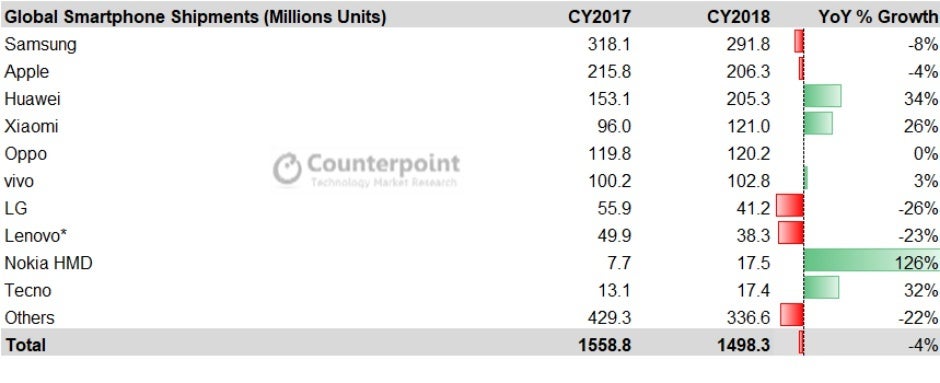
That may look like a comfortable lead, but it's... actually not
Interestingly, Koh says "new technologies such as 5G or AI and new design formats like foldable smartphones" are emerging "faster than we thought." That's a rather curious statement considering how slow 5G-enabled handsets and foldables are expected to gain traction over the next few years by several reputable market research firms. In the meantime, Samsung may want to focus more on delivering "conventional" products for the masses if staying on top of the overall market is one of its main objectives.
After all, the aforementioned 290 million unit shipments racked up last year actually represented a decline from nearly 318 million units in 2017, while Huawei surged from 153 to almost 206 million smartphones sold around the world. If these trends are not reversed, Apple is clearly not the only one in danger of being surpassed. And we're talking imminent danger, not something that may or may not happen 10 years down the line.
The foldable future is bright but vague
While it's certainly no surprise to see Samsung relying on the foldable "design format" and 5G connectivity as its central growth prospects, it's disappointing to hear so very little of substance regarding the future of the mobile industry's "next chapter." It's almost as if the company doesn't actually have a specific plan of where to take foldables next, testing the waters with a first-gen device that's hardly perfect.
Speaking of that, the Galaxy Fold itself remains largely cloaked in mystery, with the same old empty marketing promises repeated for the umpteenth time. When it comes to specifics, like exactly how the company intends to deal with display quality concerns (read fugly crease), Koh essentially ignored the point of the question, insisting to talk about Samsung's "reinvention" of the smartphone screen with "entirely new technologies, methods, and materials."
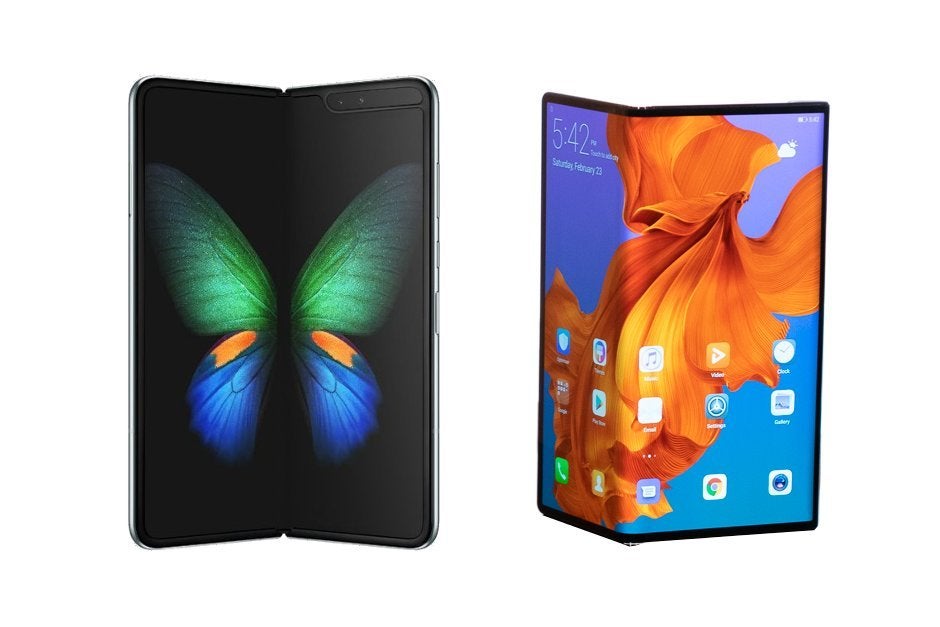
Not all foldable devices are built the same way
In trying to dodge other juicy questions, however, the high-ranking company executive appears to have subtly and indirectly confirmed plans for further foldable releases, including options with "different" designs and, yes, more "accessible" (read affordable) models. It sounds like Samsung might be keeping a close eye on what Huawei and Xiaomi are doing in this space, gearing up to follow suit if out-folding or dual-folding products prove more popular than their in-folding cousins.
Unfortunately, as far as prices are concerned, Koh was naturally unwilling to name numbers targeted by "more accessible" future foldables.
Follow us on Google News







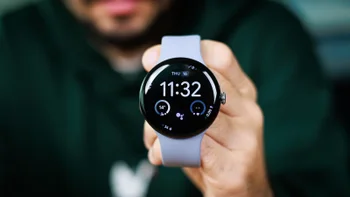
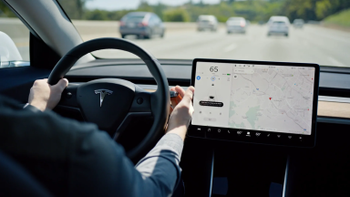
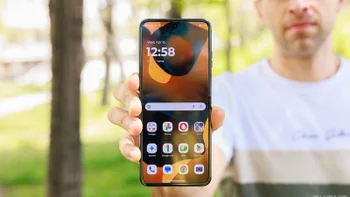
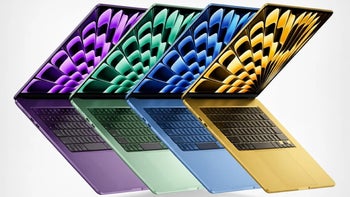
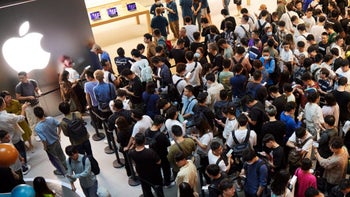
Things that are NOT allowed:
To help keep our community safe and free from spam, we apply temporary limits to newly created accounts: